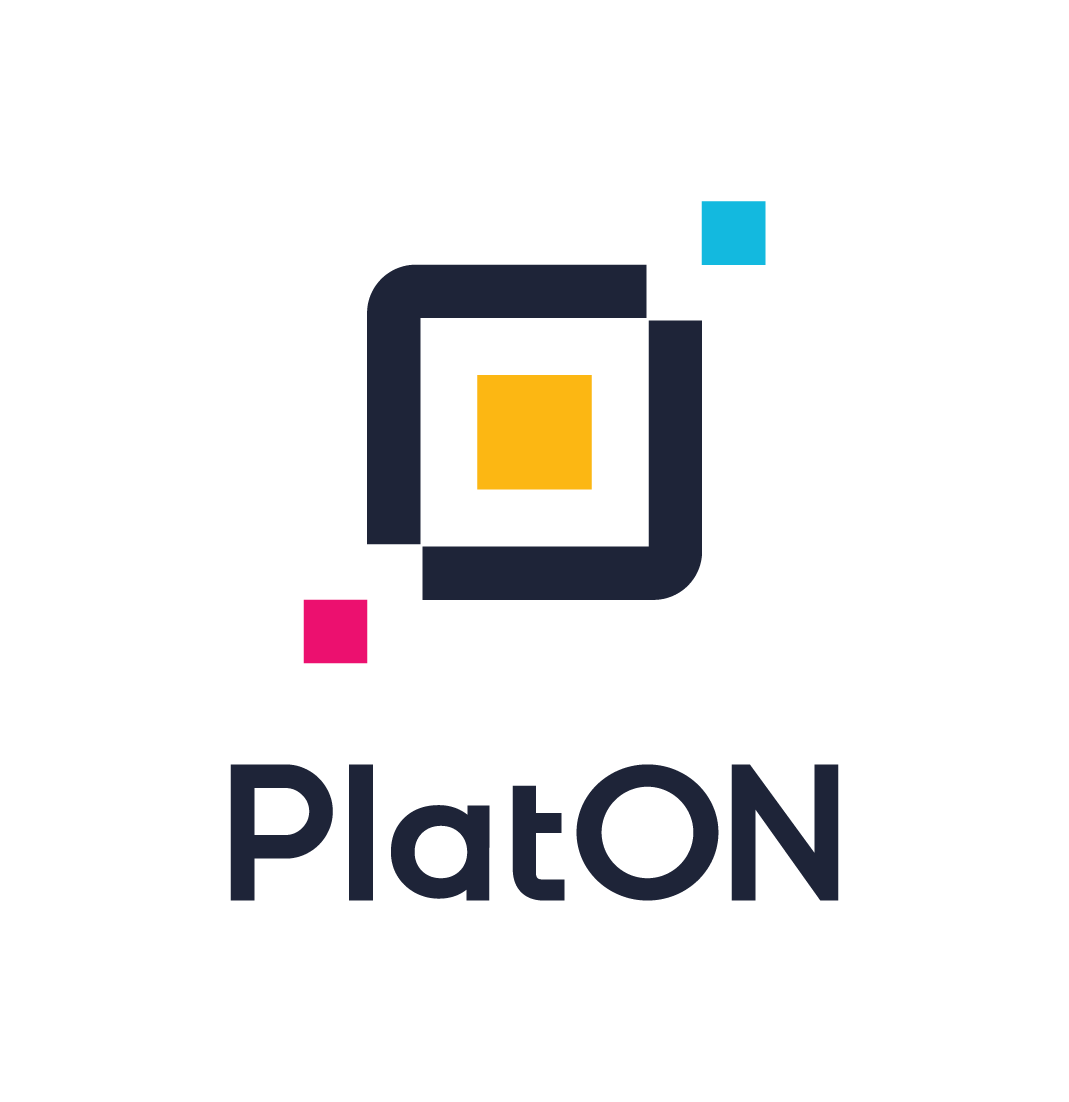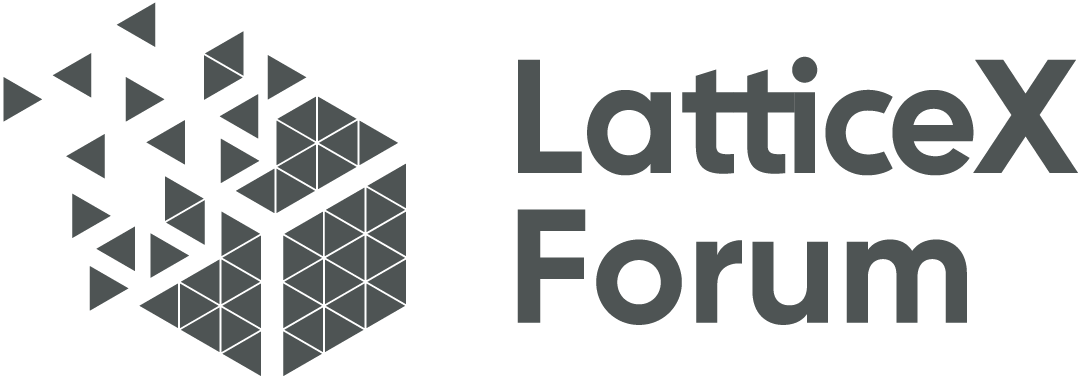
Abstract
Mankind for over a decade have been transitioning gradually from an analogue age to a fully digitalized age, but we have a very low rate of data utilization due to extreme centralization of AI, coupled with data abuse and privacy leakages. Thus, value of data needs be intellectualized for easy depositing and utilization. This yearning brings about a next-generation intelligent network known as Web3.0.
The purpose of PlatON in Web3.0 is to:
- Bring together blockchain, AI and privacy-preserving computation technologies to create a decentralized collaborative privacy preserving AI network. (This means what they really want to create is an Artificial Intelligence Network that is Privacy preserving built on Blockchain technology).
- Serve as an infrastructure for autonomous (independent) AI agents and their collaboration (i.e. collaboration of these agents) that can facilitate emergence of advanced AI and explore path to Artificial General Intelligence AGI.
To achieve these:
- Establish a decentralized privacy-preserving computation network that connects data, algorithms, and computing power through privacy preserving computation protocols
- Make it accessible at low cost for developers so they can have data to train AI models and publish them on the network (i.e. PlatON network) where AI services and agents interact with one another to form a self-organized, collaborative AI network. This will make anyone have access to AI techs or become a stakeholder in its development on PlatON network thus achieving AI democratization.
Intelligence and Privacy Security in the Digital Age
Our generation since 2010 has seen tremendous increase in size of global data due to our transitioning from analogue devices/age into digital devices/age. What the next generation will do with this amount of available data will be virtually limitless.
AI makes data analysis proactive driver of strategic decision and action, this frequency, flexibility and immediacy of data analysis created by AI will continually increase.
But we need security to some of our data and few are being protected as it is supposed to.
Web 2.0 (the current INTERNET world) which is what we have today, calls for a lot of concerns regarding its centralization (having personal data of individuals by the big boys), scalability due to enormous data from several devices requiring larger infrastructure for database/cloud, privacy and security issues. These issues of Web 2.0 are what gave room to the solutions of Web3.0. Web 3.0 has a lot of potentials.
Web 3.0 comes with the following solutions:
- Ubiquitous Connectivity: General connection with everyone anytime, anywhere, trust-less and permission-less
- Semantic Web: Efficient use of ML algorithms to connect individual, companies and machines data using cryptography to understand and process it in human-like way
- Intelligent Web: Web3.0 is a path to AGI for running NLP, ML, machine reasoning and autonomous agent
- Self Sovereignty: Every user of the Web3.0 platforms is in control of his/her own identity and data.
The technologies that will play significant role in the world of Web3.0 is the Blockchain, AI and IoT.
Key to leap from Web 2.0 to Web3.0 remains the protection of data privacy and ownership of data being used should be able to be controlled by individuals themselves.
This is why privacy preserving computation is very important as it allows complete ownership and control of data by the owners of the data.
Challenges in Artificial Intelligence Industry
Recently due to the advancement in tech, there has been rapid growth in AI, but there are some challenges in the AI industry such as:
- Data Privacy and Security Regulations: Data drives the AI space, vast amount of data for that matter, soon data will evolve to an important asset among everyone as we continue to see its value in the AI industry. As AI evolves into being used for personal/household purposes, more personal data will be needed in the industry, thus privacy and security regulation of data is becoming something inevitable thereby making AI to shift its orientation from developing AI-based algorithms, to one on big data architectures that guarantee security and privacy. Therefore, there is need for ethical protection and privacy of personal and organization data in a way that will still make it available for AI development.
- Expensive Training Costs: Growing rate of a 1000% of AI models have resulted into high training costs of AI models.
- Centralization and De-Democratization: Democratization of AI implies lowering of barriers to entry into the AI industry in terms of resources and knowledge. A handful of tech giants have monopolized the upstream of data through method of providing services to consumers in return for access to their data, then using the data to train their high-end AI models, thus making dependency on the tech giants inevitable. This reduces access to big data by individuals and small companies, right to use powerful AI models and algorithms. Also, most researches are being controlled by this same tech giants. This monopoly isn’t good for the progress and democratization of the AI industry.
AI needs Blockchain and Privacy-preserving Computation
With the whole issue of privacy of data and centralization of data generation and utilization, AI needs privacy-preserving computation technology and blockchain technology, as the combination of these two technologies will enable the privacy and security controls needed for compliance and facilitation of data sharing and value exchange.
Blockchain combined with AI will make AI more coherent, easy to understand, have
un-tampered record that can be tracked and audited plus it will enable monetization of data and incentivize the addition of a wider range of data, algorithms and computing power.
PlatON 2.0 IN THE AI/BLOCKCHAIN INDUSTRY
Combining blockchain and privacy preserving computation technologies, PlatON is building a decentralized and collaborative AI network and global brain to drive the democratization of AI for safe Artificial General Intelligence.
Mission Statement
- To build the infrastructure needed for autonomous AI agents and their collaboration, to facilitate the emergence and evolution of advanced AI, and ot explore the path to general AI
- Extend the power of AI to anyone who requires it through our decentralized network and open-source software tools to make the best AI technology accessible for the masses.
How do PlatON intend to achieve this?
The mission is achieved in three phases by creating three layers:
- Layer 1: Consensus Network: This is a decentralized network of blockchain nodes connected through P2P protocol in a trust-less environment. On this blockchain network we can execute smart contracts, but on blockchain, anyone can view or obtain a complete copy of data and transactions on the chain thus not supporting privacy protection. These shortcomings will make it important for us to overlay another layer 2 that see to this.
- Layer 2: Privacy-preserving computation network: Privacy computation networks can execute smart contracts of consensus networks privately that is using cryptographic means to encode the data such a way that data is transferred between two parties without being able to view or access the content of the data being transferred. These privacy-preserving computation networks can also run deep learning frameworks.
- Layer 3: Collaborative AI Network : With the computing power of privacy-preserving computation networks and using datasets, AI models can be trained, which can be deployed on the AI network and served externally through AI agents thereby forming a market place for AI services. This will improve further innovative AI services, enabling AI driven DAOs and formulation of autonomous AI networks.
Firstly, PlatON is an underlying public chain which isn’t inferior to other chains such as Solana, Near, Ethereum, Cosmos, Polkadot, Algorand and others in terms of decentralization, security, performance and smart contract development. PlatON is to build a privacy-preserving computation network as well as a collaboration AI network with main applications being AI training, AI services and autonomous agents.
Advantages of PlatON Network are:
- Low Training Costs
- High Performance
- Privacy Preserving
- Decentralization
- Regulation and compliance to data privacy preservation and tracking/auditing capabilities of all data, variables and processes used in the AI training decision
- Low Development Threshold due to its support for visualized AI model development/debugging and Machine Learning (AutoML). This can simplify the entire process management of AI model development, training and deployment through MLOps
Technical Architecture
Below is the diagram showing the architecture framework to be used to achieve PlatON goals as PlatON isn’t attempting to implement the entire privacy-preserving AI technology stack, it is focusing on the combination of privacy-preserving computation and AI
PlatON will be built from the Basic layer_ the blockchain and privacy preserving computation is implemented at this stage to the Metis_ the Privacy-preserving Computation Network to the Moirae_ this comprises of the Statistics, Feature Engineering and Machine Learning layer then to the last layer tagged Horae_ which is the collaborative AI network.
Application and Ecology
PlatON is working to apply the results of this established research area to new areas such as finance, medicine, smart cities and IoT.
The technology PlatON is bringing will be so useful in various fields of life such as:
- AI Oracle: This are like middleware that connects blockchain to external resources. Through this AI services in the PlatON network can be aggregated and connected to smart contracts. Thus, users can easily implement oracle agents, intelligently search and access AI services in the network by using PlatON’s SDKs. This will help make using AI to make smart contracts smarter in ways like making users to use biometrics to control accounts without using the private keys, automatic trading built on price prediction and AI strategies can be optimized base on ROI, risk rating and price prediction indicators. Smart contract can determine the loan scale based on the user’s credit scores and also check whether products in the supply chain are fake or not.
- Game: PlatON can bring more innovative and effective operation methods such as: In-game or even across games virtual currency unification, Unique and personalized virtual asset trading, Distributed game data collection, bot AI training, cross-game operation data analysis and analysis of cross-game payment habits to gaming industry
- Biomedicine: PlatON provides credible data collaboration environment for hospitals, pharmaceutical companies, and various scientific research institutes as an AI infrastructure.
- Financial risk control
- Smart City
LAT is the native utility token which will capture the value around trust-less coordination of actors within the PlatON network.
